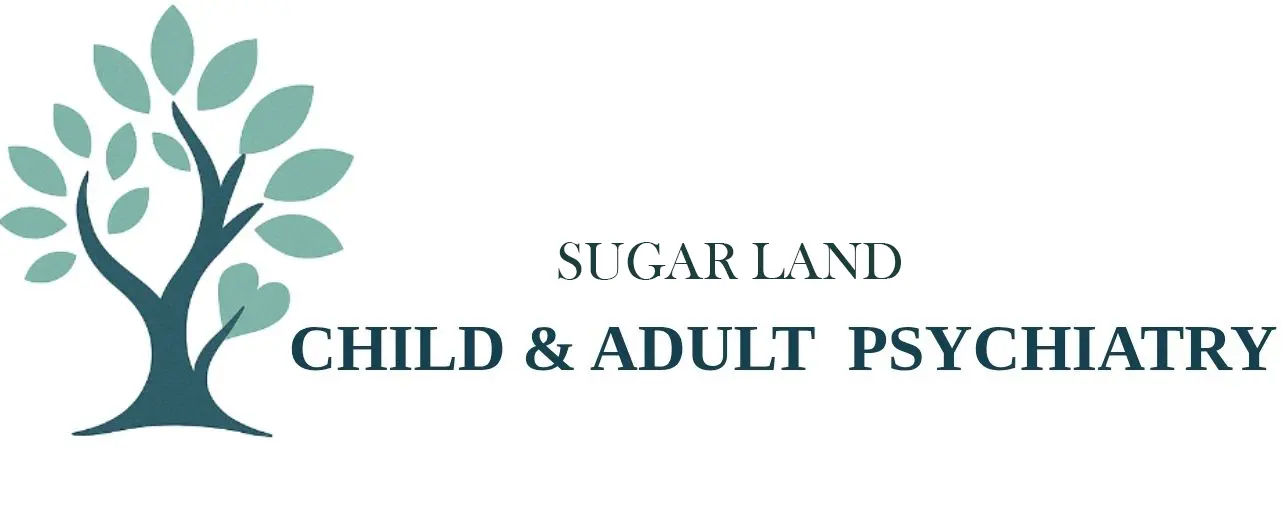At Sugar Land Child & Adult Psychiatry, we are dedicated to promoting mental health and emotional well-being through compassionate, evidence-based care. Our team is committed to helping individuals navigate life’s challenges by providing personalized support, accurate diagnoses, and effective treatment plans.
Whether you’re facing anxiety, depression, trauma, or other mental health concerns, we believe every person deserves the chance to live a balanced and fulfilling life. We approach each patient with empathy, respect, and a deep understanding of the mind–body connection.
We strive to create a safe, inclusive, and supportive environment where individuals and families can access the tools they need to thrive mentally, emotionally, and socially.
Our Mission
Our mission is to empower individuals to achieve mental and emotional well-being by providing compassionate, evidence-based psychiatric care. We are committed to breaking the stigma around mental health, offering personalized treatment, and supporting each person’s journey toward healing, growth, and a better quality of life.
Through collaboration, integrity, and respect, we strive to create a safe space where every voice is heard, every struggle is met with understanding, and every step forward is celebrated.
Psychiatry
Psychiatry and Its Importance
Psychiatry plays a critical role in overall health by addressing mental, emotional, and behavioral well-being. Psychiatrists are medical doctors who diagnose, treat, and help prevent mental health disorders, including substance use disorders.
Reasons for seeking psychiatric help include sudden issues like panic attacks, hallucinations, suicidal thoughts, or hearing voices—as well as long-standing challenges like depression, anxiety, or chronic sleep problems.
Psychiatric Diagnosis
Psychiatrists may perform psychological tests, clinical analyses, and patient interviews to assess mental and physical health. They often collaborate with other professionals to develop comprehensive treatment plans.
Treatments Used by Psychiatrists
Treatment may include psychotherapy, medications, or other interventions such as electroconvulsive therapy (ECT). Psychotherapy, or “talk therapy,” focuses on helping patients change behaviors, thought patterns, or emotional responses.
- Cognitive Behavioral Therapy – Goal-oriented therapy focusing on problem-solving.
- Psychoanalysis – Long-term psychotherapy that explores past relationships and experiences.
Medications can help regulate brain chemistry and reduce mental health symptoms, with ongoing monitoring for effectiveness and safety.
Benefits of Seeking Mental Health Care
Mental health is essential for emotional, psychological, and social well-being. Recognizing and addressing concerns is a key step in overcoming stigma and promoting recovery.
- Helps Manage Emotions: Better control of stress, anxiety, and depression.
- Provides Energy: Encourages healthy routines, diet, exercise, and improved sleep.
Additional benefits include:
- Increased self-esteem and confidence
- Improved mood
- Enhanced productivity and work performance
- Greater creativity
- Clearer thinking
- Improved memory and cognitive functions
- Better communication and social skills
The state of our mental health directly affects every area of life. By prioritizing it, individuals and organizations can achieve greater well-being and long-term success.
